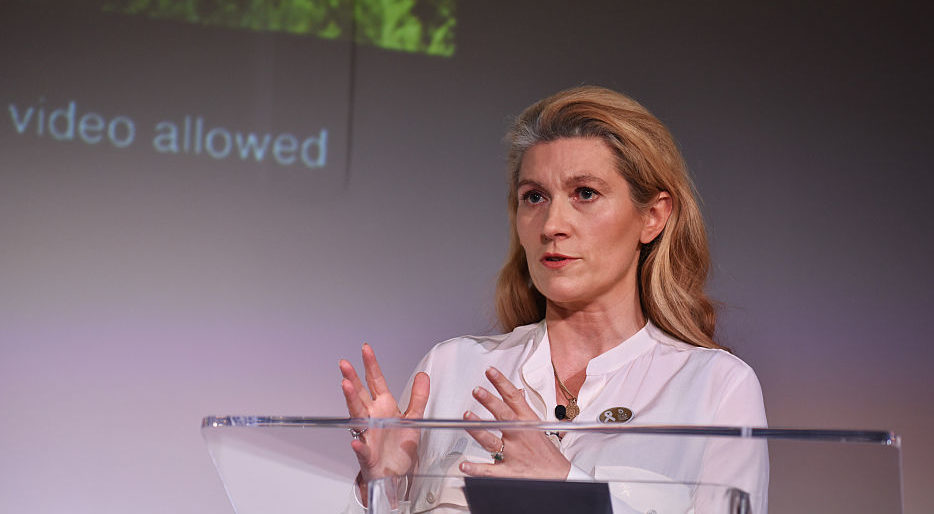Companies have vastly increased the amount of reporting that they do on sustainability in response to this pressure, notably through extensive annual sustainability reports which set goals and measure progress. In 2018, some 86% of S&P 500 companies published a sustainability report compared with just 20% in 2011. And reporting requirements are likely to increase in future, either because they will be imposed by regulators or because of demand from investors.
So do companies need a CSO to coordinate their sustainability efforts? Certainly, having someone in the C-suite in charge of sustainability sends a powerful signal that the company is taking the issue seriously. And having a CSO does appear to have a positive impact on companies’ sustainability performance. Researchers at INSEAD found that firms with a CSO engaged in more socially responsible activities, significantly reduced irresponsible activities and registered a higher Tobin’s Q, a measure of the market’s long-term valuation of companies. However, the evidence is not unequivocal. Patricia Kanashiro, associate professor at the Sellinger School of Business and Management at Loyola University Maryland, found no link between the presence of a CSO and better environmental performance in 2006-2011, and companies with higher pollution emissions often also have CSOs.
The CSO’s remit varies widely between industries and companies, depending on the areas in which they have the greatest social and environmental impact. But in broad terms their role is to interpret changes in the external sustainability environment, work out the strategic consequences for their firm, and then ensure that their firm delivers on its ESG commitments, according to consultancy Deloitte.
This requires a particular combination of skills. An ability to communicate with people internally and externally is perhaps the most important element. Deloitte says the CSO is charged with influencing, communicating and cutting through the organizational complexity to allow their firm to meet its sustainability targets. They therefore need to be adept at building relationships and breaking down barriers.
But they also need to have a deep understanding of the firm’s operations to be able to identify levers for delivering improvements in its sustainability performance. Over the past decade the role has transformed from focusing mostly on compliance and communications to one embedded much more in business development, requiring a complex new set of skills, explains Simon Boas Hoffmeyer, Senior Director Sustainability at Danish brewer Carlsberg Group.
The ability to identify and communicate future scenarios related to environmental, social and regulatory issues often leads to innovation of new products, services, and operational efficiencies. Deep understanding of the business is the key to influencing strategic decisions. “You can’t be seen as an internal NGO. You need to be equal parts business development, salesperson, project manager and subject matter expert,” he explains. “Sustainability is now deeply embedded in everything we do.”
Weinreb founder Ellen Weinreb identifies an ability to “translate the complex” as one of five key attributes for a successful CSO (see box).

Audio available






